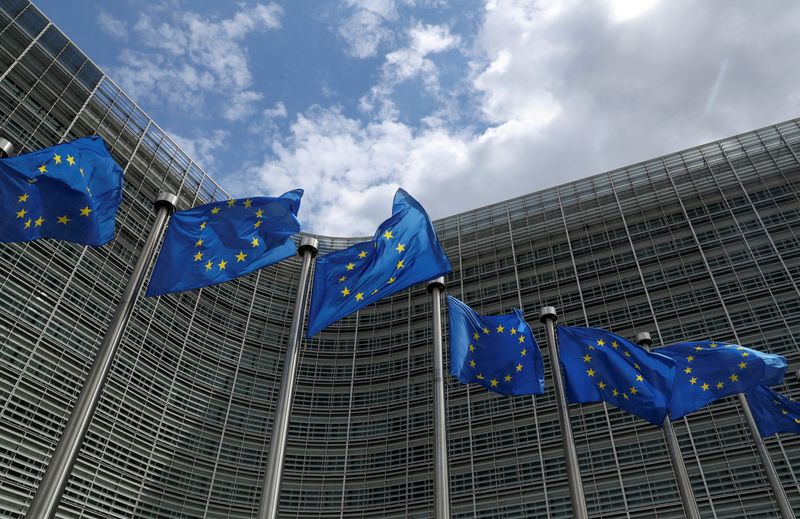By Kate Abnett
BRUSSELS (Reuters) - European Union countries gave final approval on Tuesday to a landmark law to end sales of new CO2-emitting cars in 2035, after Germany won an exemption for cars running on e-fuels.
The approval from EU countries' energy ministers means Europe's main climate policy for cars can now enter into force - after weeks of delay caused by last-minute opposition from Germany.
The EU law will require all new cars sold to have zero CO2 emissions from 2035, and 55% lower CO2 emissions from 2030, versus 2021 levels. The targets are designed to drive the rapid decarbonisation of new car fleets in Europe.
The European Commission has pledged, however, to create a legal route for sales of new cars that only run on e-fuels to continue after 2035, after Germany demanded this exemption.
The EU policy had been expected to make it impossible to sell combustion engine cars in the EU from 2035. But the exemption won by Germany offers a potential lifeline to traditional vehicles - although e-fuels are not yet produced at scale.
German transport minister Volker Wissing said the agreement would "open up important options for the population towards climate-neutral and affordable mobility".
"The direction of travel is clear: in 2035, new cars and vans must have zero emissions," EU climate policy chief Frans Timmermans said.
E-fuels are considered carbon neutral because they are made using captured CO2 emissions - which proponents say balances out the CO2 released when the fuel is combusted in an engine.
The Commission will, in autumn 2023, propose how sales of e-fuel-only cars can continue after 2035. Such cars will have to use technology to prevent them from starting when filled with petrol or diesel.
Poland voted against the law, while Italy, Bulgaria and Romania abstained.
Transport accounts for nearly a quarter of EU emissions.
Porsche and Ferrari (NYSE:RACE) are among the supporters of e-fuels, which they see as a way to avoid their vehicles being weighed down by heavy batteries.
Other carmakers including Volkswagen (ETR:VOWG_p), Mercedes-Benz and Ford are betting on battery-electric vehicles to decarbonise.
Germany's late intervention, after EU countries and lawmakers had already agreed the 2035 phaseout last year, irked some EU diplomats, and stoked concerns that governments may try to block other carefully-negotiated deals on climate policies.
"As a matter of principle, we don't like this approach. We think it is not fair," Spanish energy minister Teresa Ribera said of the late pushback, adding that current assessments suggest e-fuels were too expensive to become widely used.

EU energy ministers also agreed on Tuesday to extend a voluntary target to curb their gas use by 15% for 12 months, to help prepare for next winter with scarce Russian gas.
Some EU officials expected ministers to tackle a dispute over whether nuclear energy should count towards EU renewable energy targets - a question that has split countries and is threatening to delay the EU's main renewables policy.
